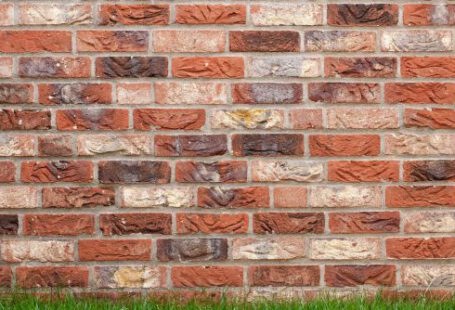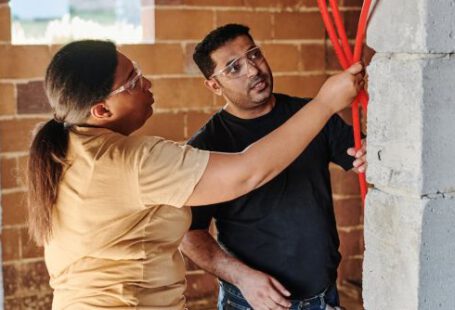Construction gloves are essential protective gear for anyone who works in the construction industry. They protect the hands from cuts, scrapes, and other injuries that can occur when handling sharp or rough materials. They also provide insulation from heat and cold and can help prevent blisters and calluses. In short, they are essential for anyone who works in the construction field.
Unfortunately, many construction workers do not take the time to properly select and care for their gloves. This can lead to injury, decreased productivity, and even lost work days. To ensure that your hands are properly protected, it is important to understand the different types of construction gloves available, how to select the right gloves for the job, and how to properly care for them.
Types of Construction Gloves
The type of glove you choose will depend on the specific job you are doing. There are several common types of construction gloves, each of which offers various levels of protection and comfort:
- Leather work gloves: These gloves are made from thick, durable leather and are suitable for a variety of tasks. They offer excellent protection from cuts and abrasions, as well as insulation from heat and cold. Leather gloves are usually the most comfortable and durable option.
- Foam-lined gloves: These gloves are made from a durable material with a foam lining for extra comfort and protection. They are often used in applications that require dexterity and are suitable for tasks where the hands must remain relatively dry.
- Rubber-coated gloves: These gloves are made from a durable material with a rubber coating for extra grip. They are suitable for tasks where the hands may come into contact with hazardous chemicals or materials.
- Cut-resistant gloves: These gloves are made from a material that is resistant to cuts and abrasions. They are often used in applications where sharp objects may be present, such as demolition or demolition work.
Selecting the Right Gloves
When selecting the right gloves for the job, there are several factors to consider. First, you should consider the type of work you will be doing and the environment in which you will be working. Different types of gloves are better suited for different types of tasks and environments.
You should also consider the level of protection you need. If you will be working with hazardous materials, it is important to select gloves that offer the highest level of protection. In addition, you should consider the comfort level of the gloves. If you will be wearing them for long periods of time, you should select gloves that are comfortable and allow for a good range of motion.
Finally, you should consider the cost of the gloves. While it is important to select gloves that are suitable for the job, it is also important to consider your budget. There are a variety of gloves available at different price points, so you should be able to find a pair that meets your needs and your budget.
Caring for Your Gloves
It is important to properly care for your gloves to ensure that they remain in good condition and provide the protection you need. After each use, it is important to inspect your gloves for damage and to clean them with a mild soap and water solution. If the gloves are leather, you should also apply a leather conditioner to keep them from drying out and cracking.
When not in use, it is important to store your gloves in a dry, cool place. This will help protect them from dirt and moisture and will help them last longer. It is also important to replace your gloves regularly, as they can become worn and less effective over time.
Conclusion
Construction gloves are an essential piece of protective gear for anyone working in the construction industry. They provide protection from cuts, scrapes, and other injuries, as well as insulation from heat and cold. When selecting and caring for construction gloves, it is important to consider the type of work you will be doing, the level of protection you need, and the comfort and cost of the gloves. With the right gloves and proper care, you can ensure that your hands are properly protected on the job.






